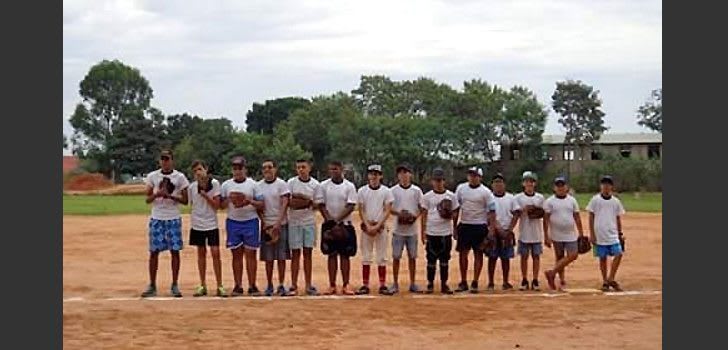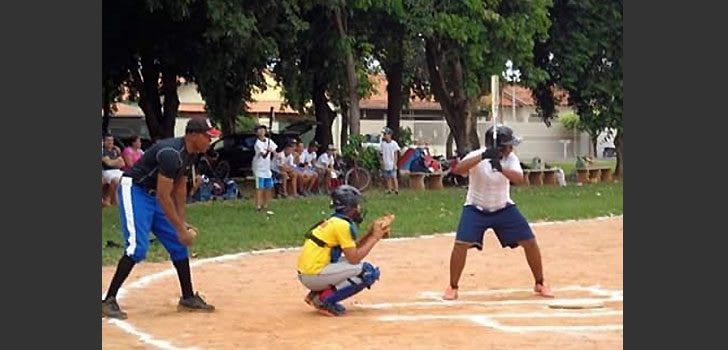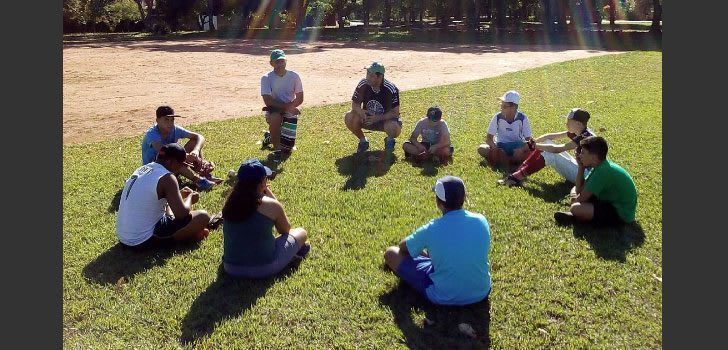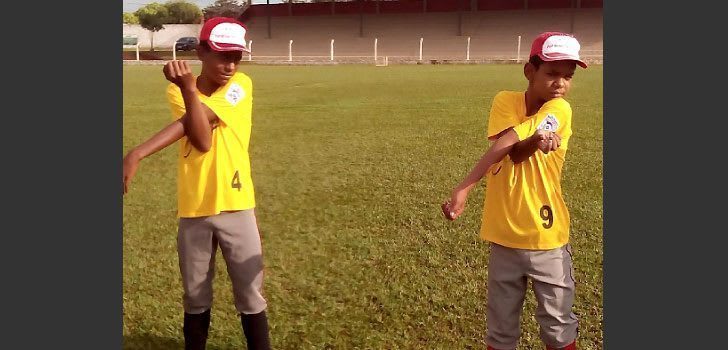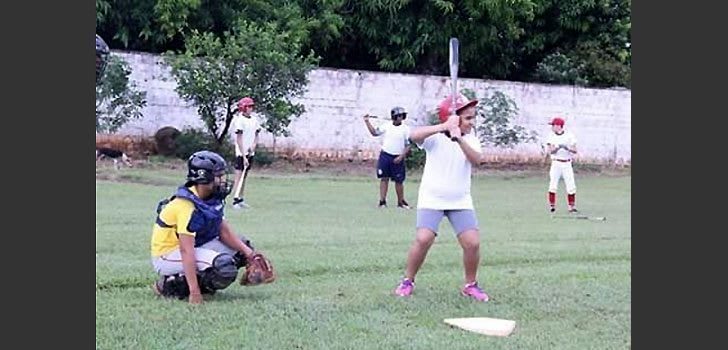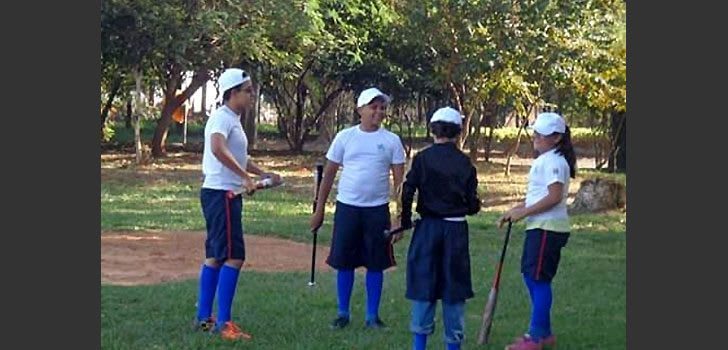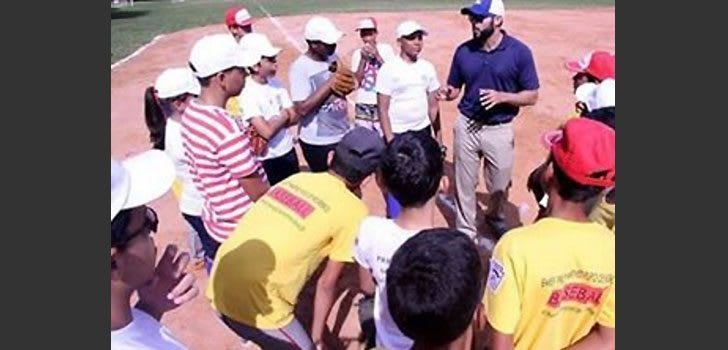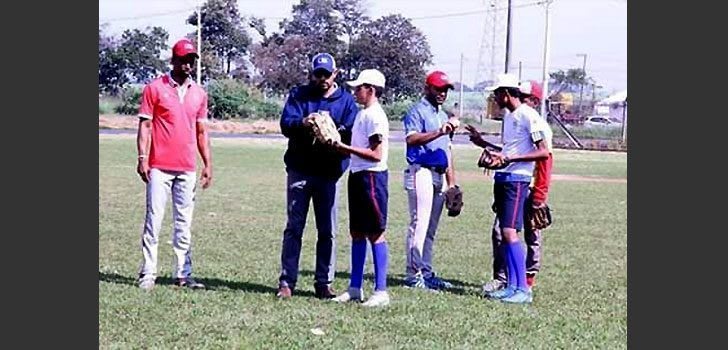The eyes of the world will be focused on Rio de Janeiro, Brazil, for the 2016 Summer Olympic Games. While these Olympics may not be featuring baseball or softball, that doesn’t mean the sport doesn’t have a presence in the country. Little League has been on the rise in Brazil.
While baseball is not a new sport in Brazil, it is often overlooked given the country’s fanatical obsession with soccer. When the Tampa Bay Rays went down to Brazil to investigate the country’s young talent, Dan Velte, Little League Senior Director of League Development and Regional, went with them.
Like many MLB teams, the Rays were looking for the next baseball star. While other countries like the Dominican Republic and Venezuela produce much of the league’s international prospects, Mr. Velte said that the Rays saw a unique opportunity in Brazil.
“They saw it as an untapped market,” said Mr. Velte. “They didn’t have as big of a budget as other teams so they had to look in different places.”
In the six years since, Mr. Velte said that the progress made in Brazil has been remarkable.
“It’s gone from being barely above Tee Ball level to having legitimate Little League programs,” said Mr. Velte.
Mr. Velte credits this progress to the work of volunteers like Little League Brazil District 2 Administrator, Carlos Eduardo de Oliveira. Despite not having a background in baseball, Mr. Oliveira came to the United States to learn the ins and outs of Little League so that he could help start local Little League programs back home in Brazil. Players are given a basic introduction to the game as well as a curriculum that helps them develop their skills.
“He was this unpaid engineer, and he came to the U.S., and we trained him and he developed a passion for the game,” said Mr. Velte. “It’s because of people like him that they’ve made such progress.”
As Little League programs develop in Brazil, so do the fundamentals and fun of the players learning the game. Team numbers are growing and the foundation for a strong future for Little League in Brazil is being established.
“The biggest thing to take away from this is that we had volunteers like Carlos who embraced the game and brought it back to their communities,” said Mr. Velte. “The kids are given the opportunity to have proper training and instruction. It’s amazing to watch.”
